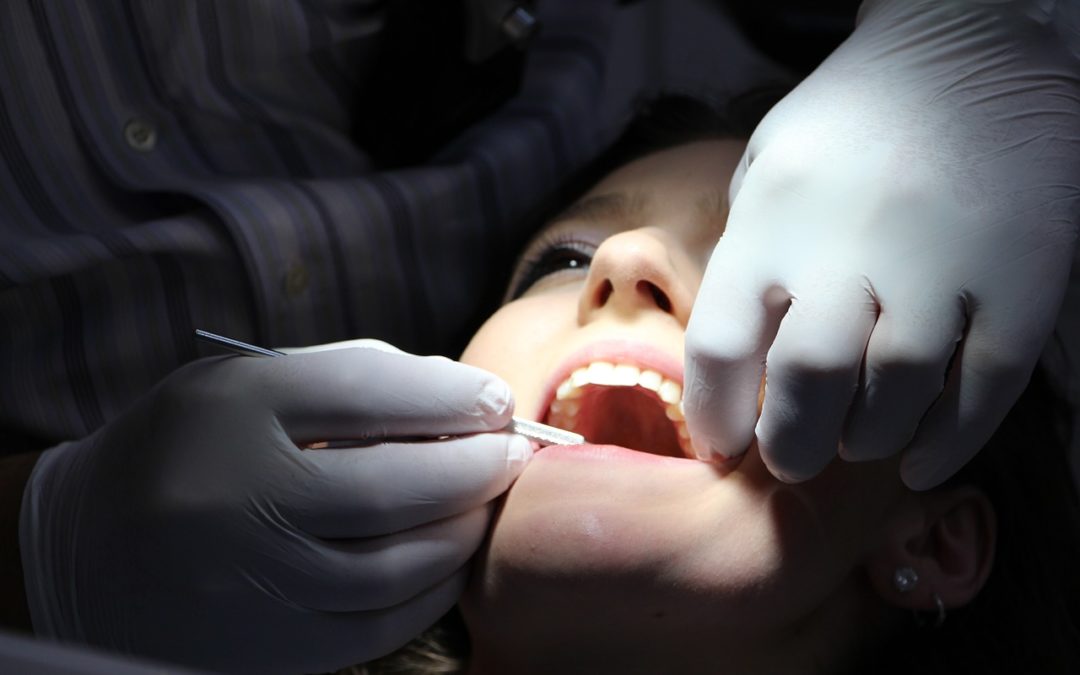Unfortunately, some accidents directly affect your oral health. Similar to medical emergencies, dental emergencies must be addressed as soon as possible to help prevent serious, long-term issues.
A dental emergency is an incident involving the teeth and / or supporting tissue that requires immediate treatment.
Some examples of dental emergencies are:
- Knocked-out tooth
- Cracked or fractured teeth
- Tissue injury and / or severe facial pain
- Heavy gum bleeding
- Misaligned tooth
It’s crucial to seek emergency dental services if you experience any of these incidents. Here are a few management tips to apply immediately after each event:
Knocked-Out Tooth: Carefully pick up the tooth, avoiding the root, and gently rinse off any debris. If possible, place the tooth back into the socket and hold the tooth in position with your finger or by closing your jaw and lightly biting on the tooth. If you’re not able to reinsert the tooth, place it in a container of milk to keep it moist. Do NOT place the tooth in regular tap water, as it may become damaged from the chemicals present.
Cracked or Fractured Teeth: Gently rinse your mouth with warm water to clean the area. If the crack or fracture is caused by a facial injury, apply a cold compress to minimize swelling. Do NOT apply a painkiller to the gum, as it can burn the gum tissue.
Tissue Injury / Severe Facial Pain: Lacerations, puncture wounds and tears to your lips, cheeks, mouth and tongue are considered tissue injuries. Immediately clean the area with warm water to prevent infection. You can alleviate severe facial pain by taking acetaminophen (ex. Tylenol) as directed on the packaging label. Do NOT take Aspirin or Ibuprofen, as they are anticoagulants and can cause excessive bleeding.
Heavy Gum Bleeding: Gently place gauze on the wound and hold it in position. Do NOT take Aspirin or Ibuprofen, as they are anticoagulants and can cause excessive bleeding.
Misaligned Tooth: Attempt to put the tooth back in its original position by applying very light pressure with your finger, but do not try forcing the tooth to move.
When You Require Emergency Care
Unsure whether your scenario is an emergency dental visit? If you answer ‘yes’ to one or more of the following questions, you likely require dental attention.
- Have you been struck in the face or mouth?
- Are you in severe pain?
- Are you bleeding from the mouth?
- Do you have any loose, cracked or chipped teeth?
- Are you experiencing swelling in the mouth or facial area?
- Do you have any bulges, knots or swelling on your gums?
During an emergency, it’s important to describe the incident to your dentist so the best treatment option can be administered.
Benefits of Emergency Dentistry
Injuries that affect your mouth can lead to permanent damage, such as tooth loss or nerve damage. It’s crucial to address dental emergencies immediately to minimize long-term effects and reduce the probability of irreversible damage. Emergency dentistry can also relieve severe pain, enabling you to go about your daily routine without excruciating discomfort.
In addition to improving your long-term oral health, quick action can lessen dental expenses in the future by minimizing the potential for prolonged issues.
Bearspaw Dental Emergency Services
Bearspaw Dental understands that dental emergencies often occur when you least expect them. That’s why our office offers emergency care. Call us at 780-436-7001 if you experience a dental emergency.

